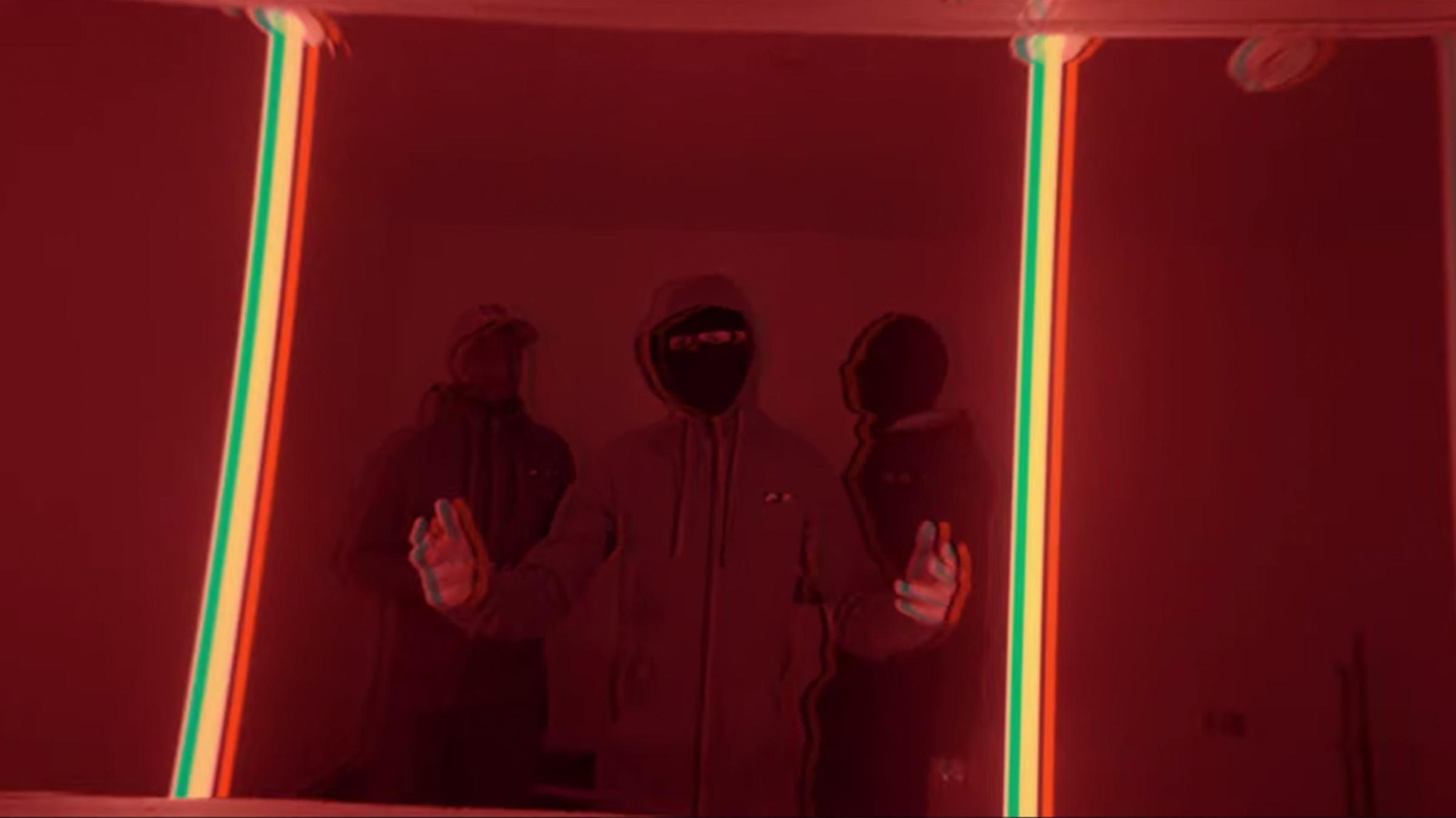The Metropolitan Gang Unit has banned over 30 drill videos from YouTube in recent weeks after deciding the popular genre is the lone root of London’s recent uptick in violent knife crime.
In an effort to curb violent crime, police in the U.K. have turned their focus to YouTube and drill music. In the last two years, while knife crime in London has spiked by 44 percent, Scotland Yard has blocked 30 videos from the video platform by drill artists that have, according to the police, “raised the risk of violence.”
The genre, which can be traced back to Chicago’s rap underground, is massive in the U.K., with videos by producers like Giggs, BT, and Rendo earning millions of views. The graphic descriptions of revenge and violence common to the songs have become a point of obsession for Scotland Yard, who have decided to patrol the internet instead of the streets, it seems.
After the video takedown was made public, Metropolitan Police Force Commander Jim Stokley told The Times that officers are to be given increased autonomy over how they tackle “glamorized” gang-life, using legal loopholes to resist a cultural form they’ve basically refused to understand. Before, where the burden of proof lay with the connection between videos and specific incitements to violence, such objective tangibles seem to no longer be a requirement for law enforcement to villainize the genre and its artists. The Met’s Police Commissioner, Cressida Dick, recently noted that the police wouldn’t “be held back by so-called political correctness,” stating also that she was positive that these “gang-rappers” get “revved up” by the videos.
Last month, The New Yorker’s Sam Knight covered the increase in homicide throughout the British capital and its association with drill music. Knight recounted how, last year, when a 15-year-old drill rapper going by the name of M-Trap was sentenced for his involvement in the fatal stabbing of another teenager, the Judge brought to light lyrics in which M-Trap played out the homicide. Yet, it’s not just knife crime that’s on the rise, all manner of “high-harm” crime is peaking, from burglaries to carjacking.
Inside of looking closely at a genre expressing discontent, the relevant British authorities should look at the environment this discontent is borne from, like the so-called “sink estates” in London—mass housing tracts, where the effects of no jobs, low wages, and waning public services closed off opportunity or cause for hope. Drill is, after all, just an expression of lived experience.
You need only to look closely at a report in the New York Times on the U.K.’s decade-long austerity measures. The effort to reduce public spending in the wake of the 2008 financial crises has shaped the lives of anyone who’s come up in that time. The piece details sobering accounts of childhood poverty, closed public facilities, and abandoned police stations, which have devastated the country. Spending on law enforcement has dropped by nearly 20 percent in this period, and the court system has been cut by one third. “The government has created destitution,” one Labour Party councilman from Liverpool told the Times. “Austerity has had nothing to do with economics. It was about getting out from under welfare. It’s about politics abandoning vulnerable people.”
The grim aftermath of Britain’s conservative economic policies is a complicated, and easily debatable, narrative to grapple with. Reforming a policy as systemic as austerity is no simple task. Banning drill, on the other hand, now that’s easy.



















